Pakistani envoy questions absence of non-Muslim extremists on UN terror list
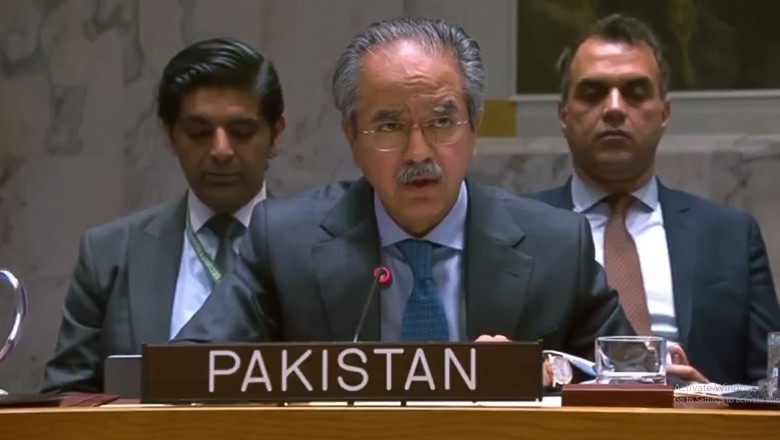
Web Desk
|
21 Aug 2025
Pakistan’s Permanent Representative to the United Nations, Ambassador Asim Iftikhar Ahmed, raised serious concerns over the Security Council’s terrorist sanctions list, pointing out that every individual currently designated is Muslim, while non-Muslim extremists and terrorists continue to evade accountability.
Speaking at a Security Council meeting on “Threats to international peace and security caused by terrorist acts,” the Pakistani envoy called this imbalance incomprehensible, stressing that it must change.
He warned that terrorism is evolving in new forms, particularly in the digital sphere, where extremist groups are using social media and online platforms to radicalise, recruit, and finance their activities through algorithm-driven content and digital transactions.
Ambassador Iftikhar emphasised that terrorism can only be defeated through global unity, cooperation, and adherence to international law. He cautioned that double standards and political agendas serve as “oxygen for terrorism” and undermine collective efforts against extremist networks.
The envoy highlighted growing cooperation between the terrorists, the Baloch Liberation Army (BLA), and the Majeed Brigade, describing it as a grave threat to regional and international peace. According to him, these groups are sharing training facilities and jointly targeting Pakistan’s infrastructure, economic projects, and civilians.
Read more: US designates BLA, Majeed Brigade as terror organisations
While acknowledging that the Afghan interim government is taking action against extremists, he noted that the terrorists and Baloch militant groups still find sanctuary in areas beyond Kabul’s control.
Ambassador Iftikhar directly accused India of sponsoring terrorism in Pakistan by financing agents, supporting militant networks, and carrying out targeted killings.
He condemned India’s cross-border strikes in May, which he said deliberately targeted civilians and infrastructure under the pretext of counter-terrorism, resulting in the deaths of 54 Pakistanis, including 15 children and 13 women.
The Pakistani envoy urged the adoption of a comprehensive counter-terrorism strategy that addresses both immediate threats and long-term root causes.
He argued that state terrorism and repression must also be recognized as part of the problem, pointing to collective punishment, demographic engineering, and human rights violations in Indian-occupied Jammu and Kashmir and the occupied Palestinian territories.
He stressed the need to differentiate between terrorism and legitimate struggles against foreign occupation, warning against the misuse of counter-terrorism narratives to suppress self-determination movements.




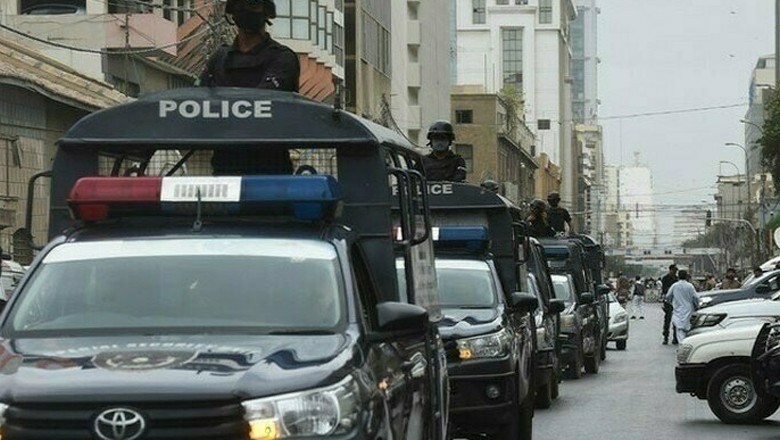

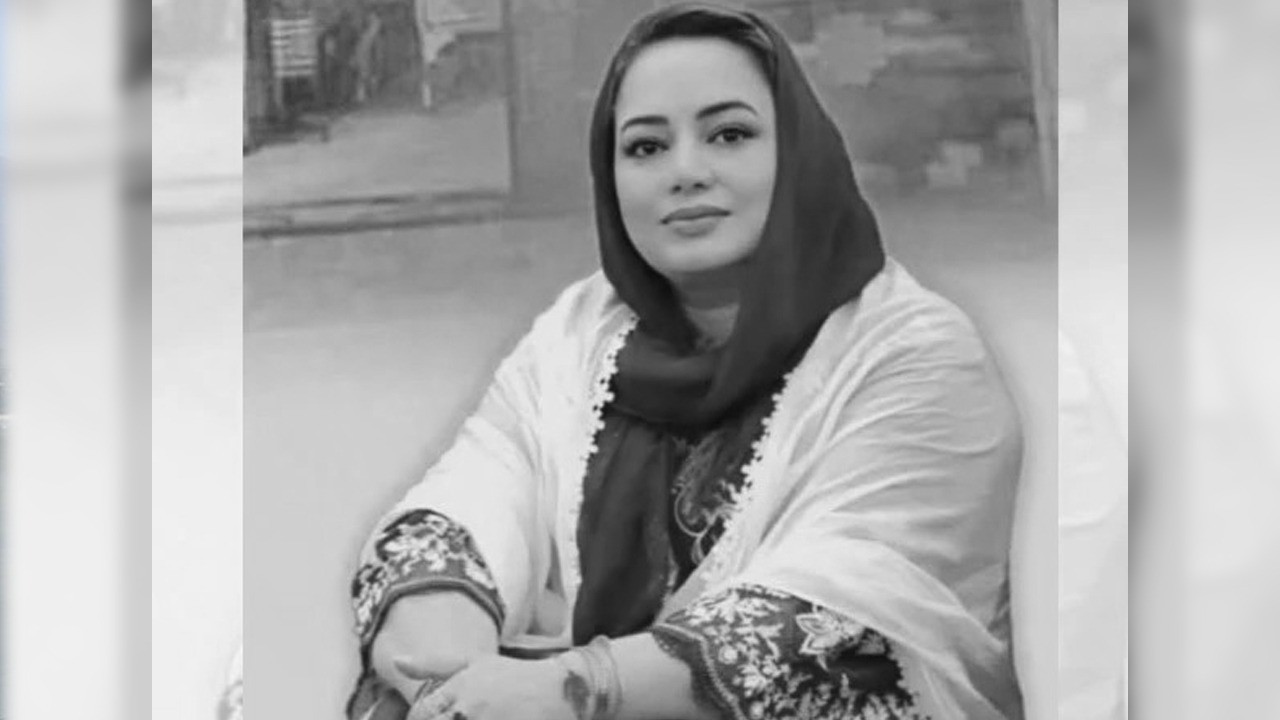

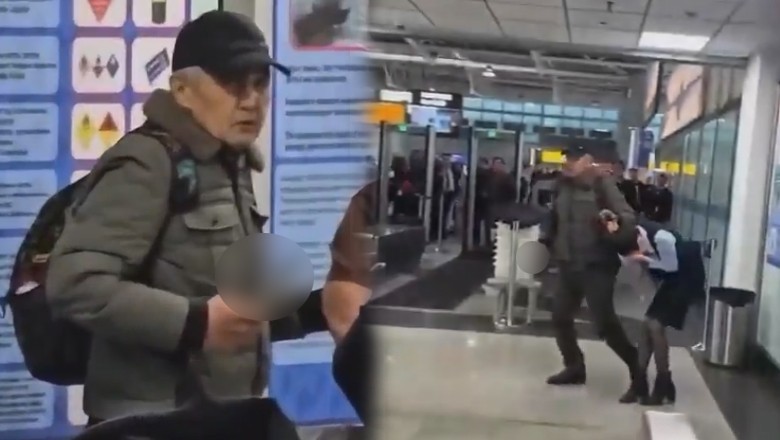
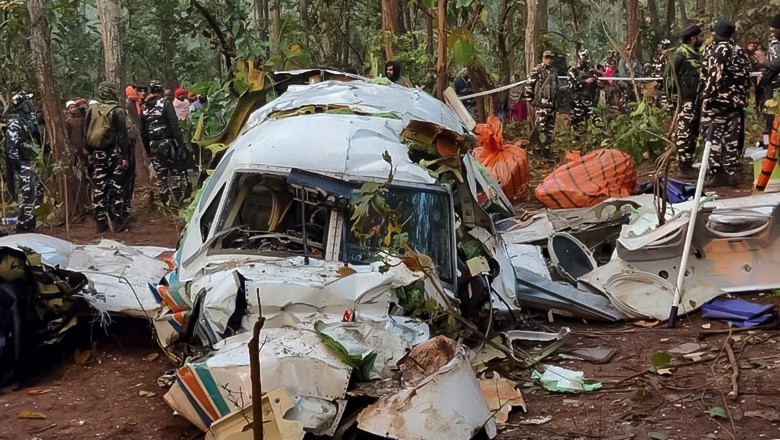
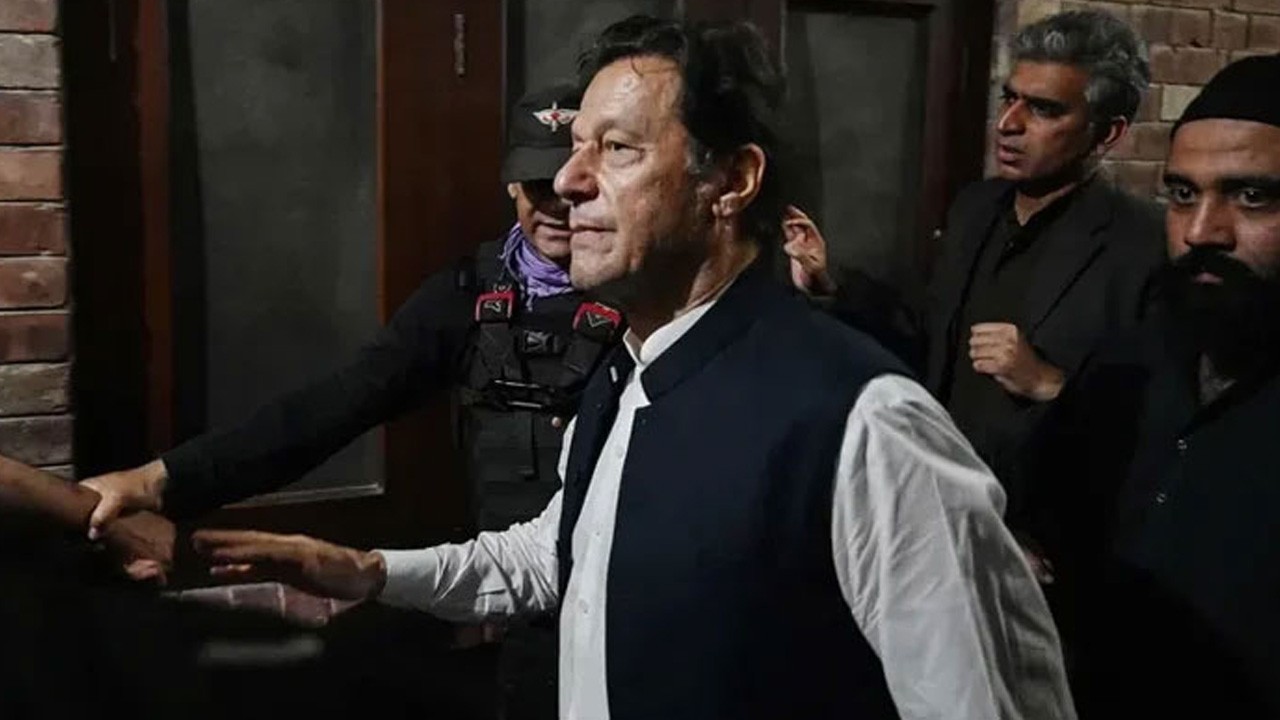
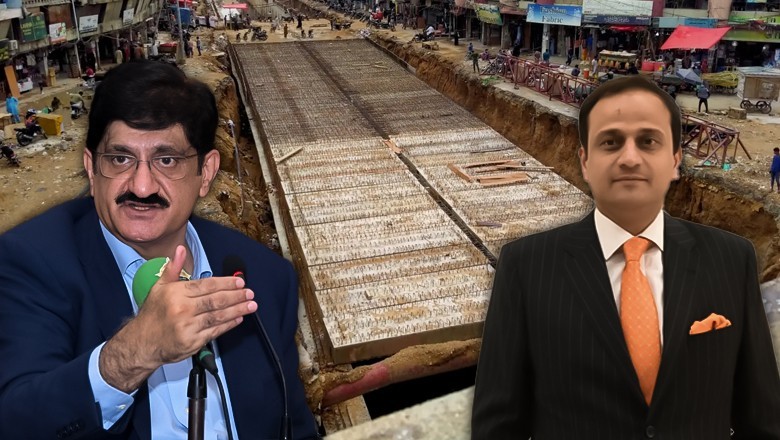
Comments
0 comment